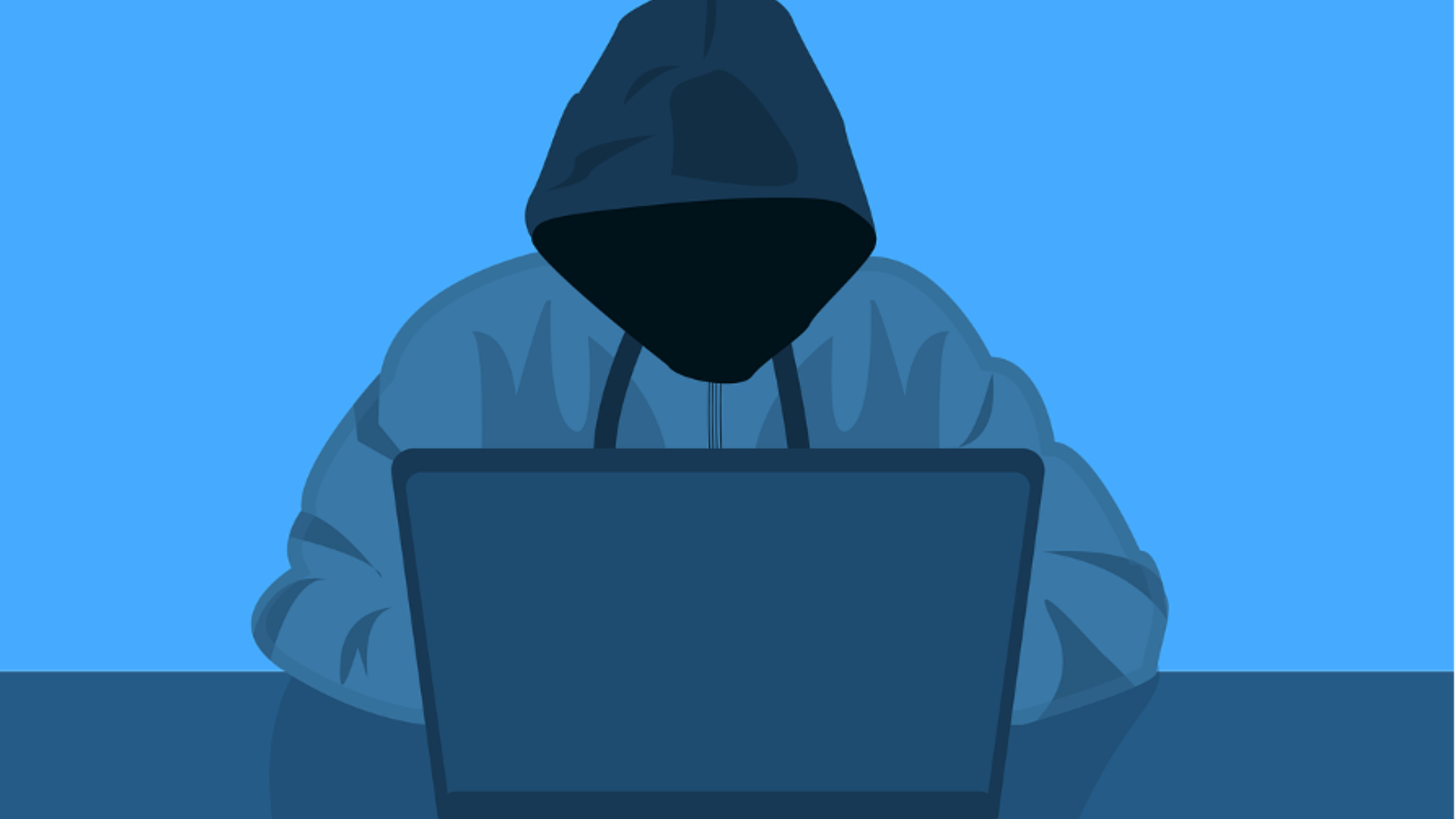An SMB Guide to Making Your Website and Documents Digitally Accessible
Have you ever considered how many potential customers might be leaving your website due to accessibility barriers? This isn’t speculation—according...
2 min read
Jeff : Aug 22, 2024 12:55:30 PM
In today's digital age, safeguarding our accounts from advanced hacking methods and cyber threats is of utmost importance. A powerful tool to bolster your security is two-factor authentication.
By requiring not only a password but also a secondary form of verification like a fingerprint scan, a phone code, or a hardware token, two-factor authentication provides an additional layer of defense. This added step significantly raises the bar for hackers trying to breach your accounts, even if they manage to steal your password.
Discover why 2FA stands as the ultimate shield against account hacking in this insightful article.
Two-factor authentication (2FA) is a critical security feature that necessitates users to present two distinct types of identification before they can access an account. These identifiers usually belong to one of three categories: knowledge-based (such as a password or PIN), possession-based (like a phone or security token), and inherence-based (including fingerprints or facial recognition).
The adoption of 2FA in security protocols allows organizations to fortify their defenses, safeguarding sensitive data and thwarting unauthorized account intrusions. Its growing prevalence is a testament to its effectiveness in bolstering cybersecurity and mitigating the risks associated with identity theft and data breaches.
Two-factor authentication (2FA) is a crucial security measure that adds an additional layer of defense against password breaches. As cyber threats continue to evolve, relying solely on passwords is no longer sufficient.
With 2FA, users are required to provide a second form of verification, such as a fingerprint scan or a code sent to their phone. This extra step helps thwart unauthorized access, even if a password is compromised. Implementing 2FA enhances security and plays a vital role in safeguarding sensitive information from cyber threats.
As cyber threats become more sophisticated, the importance of two-factor authentication (2FA) in thwarting attacks cannot be overstated. By introducing an additional layer of security beyond just passwords, 2FA plays a pivotal role in safeguarding against cybercriminals.
With 2FA, users are prompted to provide an extra verification, such as a code sent to their phone, enhancing security measures. This added step serves as a barrier against hackers, even if login credentials are compromised. For businesses, implementing 2FA is essential in protecting sensitive data and maintaining user trust, particularly in the face of phishing attempts.
Ensuring the security of remote access is paramount in safeguarding sensitive data. Two-factor authentication (2FA) plays a crucial role in enhancing the security of remote access by introducing an additional layer of verification beyond traditional passwords.
With 2FA, an extra level of security is implemented, requiring a secondary form of identification, such as a code sent to a user's phone. This additional step serves as a powerful deterrent against unauthorized access, particularly beneficial for organizations with remote or off-site employees.
Various sectors, including finance and healthcare, are bound by stringent regulations concerning data security and the safeguarding of sensitive information.
By integrating 2FA, organizations can bolster user account security and align with regulatory mandates by establishing an additional defense against unauthorized access. This implementation showcases a dedication to protecting customer data and upholding compliance with industry standards, ultimately fostering trust with both clients and stakeholders.
The Bottom Line.
Utilizing two-factor authentication (2FA) is essential in safeguarding your online accounts against hackers. In the ever-evolving landscape of cyber threats, relying solely on passwords is no longer sufficient. 2FA adds an additional layer of security by requiring both something you know (like a password) and something you have (such as a smartphone or security token) for access. This dual verification process significantly enhances the security of your accounts.
For businesses, implementing 2FA is the ultimate defense strategy in protecting sensitive information and minimizing the risk of cyber-attacks.

Have you ever considered how many potential customers might be leaving your website due to accessibility barriers? This isn’t speculation—according...

Modern businesses rely heavily on third-party apps to power customer service, analytics, cloud storage, security, and more. But every integration—no...

The surge of remote work has reshaped the contemporary work landscape, bidding farewell to the era of inflexible office hours and daily commutes here...